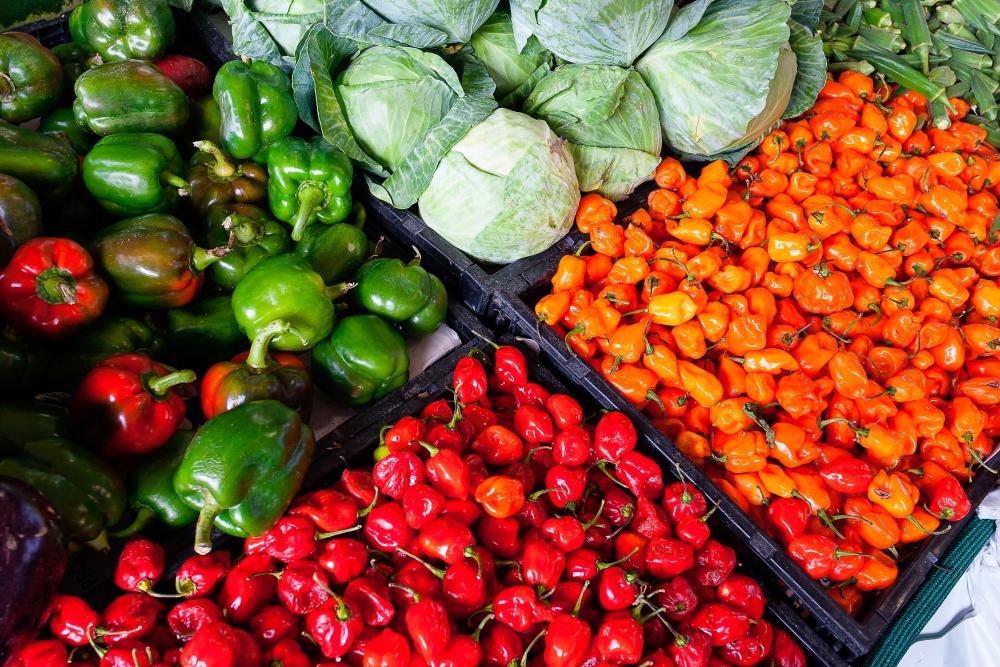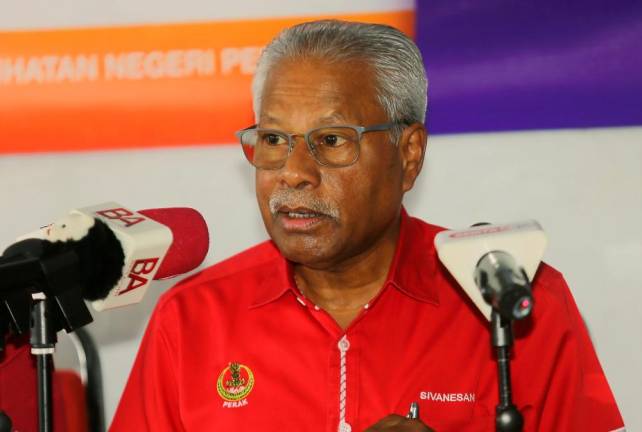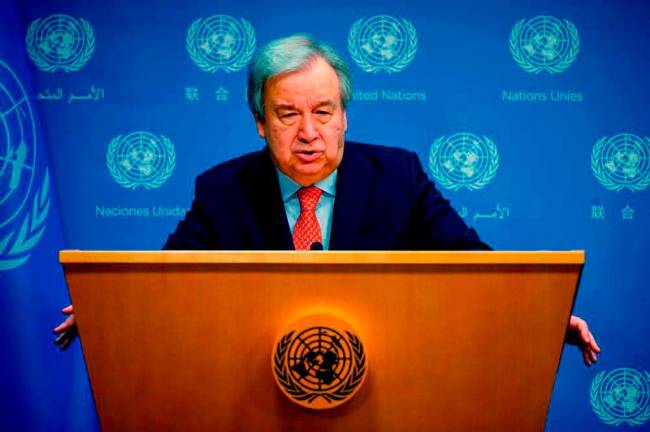WE’VE been discussing food safety and security for decades.
To address these troubling problems, the Agriculture and Food Industry Ministry committed to both financial resources and personal resources.
To boost agricultural activities downstream and to add value to upstream activities, there have been several conferences, workshops, programmes, talks, seminars and initiatives.
People often use the terms “food loss” and “food waste” interchangeably, but they mean different things about the same problem.
Food loss, which includes both production and post-harvest losses, is when the amount or quality of food is changed by accident before it is eaten.
Food that is lost because of pests and diseases, limited harvesting techniques, price fluctuations or the lack of agricultural inputs is also a potential source of food loss.
Food waste, on the other hand, is when food that could be eaten by humans is thrown away on purpose.
The Food and Agriculture Organisation of the United Nations (FAO) did an excellent job of addressing this potentially dangerous problem and came up with 15 useful hints to cut down on loss and waste.
The FAO observed the first International Day of Awareness of Food Loss and Waste on Sept 29, 2020.
Additionally, it arrives amid the global Covid-19 pandemic, which has served as a wake-up call on the necessity of transforming and rebalancing the method in which our food is produced and eaten.
Reducing food waste, improving one’s diet, and leading a more environmentally responsible lifestyle are essential steps in achieving the goal of ending world hunger.
It has piqued my interest to learn about the Malaysian perspective on food waste. Where do we stand with the wasted food?
When it comes to these problems, are we going to give the government permission to take corrective action?
Are you not in agreement with me that if we changed our behaviour on food waste, it could minimise the anxieties that people have about having enough food?
According to the United Nations World Food Programme, each year around one-third of the food that is produced for world consumption is either lost or wasted.
It is not necessary to produce additional food to alleviate food insecurity. Rather, we must maximise the utilisation of the food that is already available to us.
One of the most important goals and strategies for securing food should be to reduce food waste.
I firmly believe that if we handled our shopping in a way that was in line with necessities and knew how to handle or manage our kitchen, there would be no waste.
Each member of the family should be responsible and feel bad when they throw away food because there are people in other parts of the world who are struggling to get a good meal.
Make a conscious effort to reduce food waste by altering our eating patterns.
To combat food waste, we must all work together, be it at home, in the classroom, at a university, in a restaurant or a retail store. Small behavioural adjustments in food waste reduction can have an enormous influence on Zero Hunger.
Nalini Arumugam
Senior Lecturer/Coordinator of Agribusiness Programme,
Faculty of Bioresouces and Food Industry
Universiti Sultan Zainal Abidin














